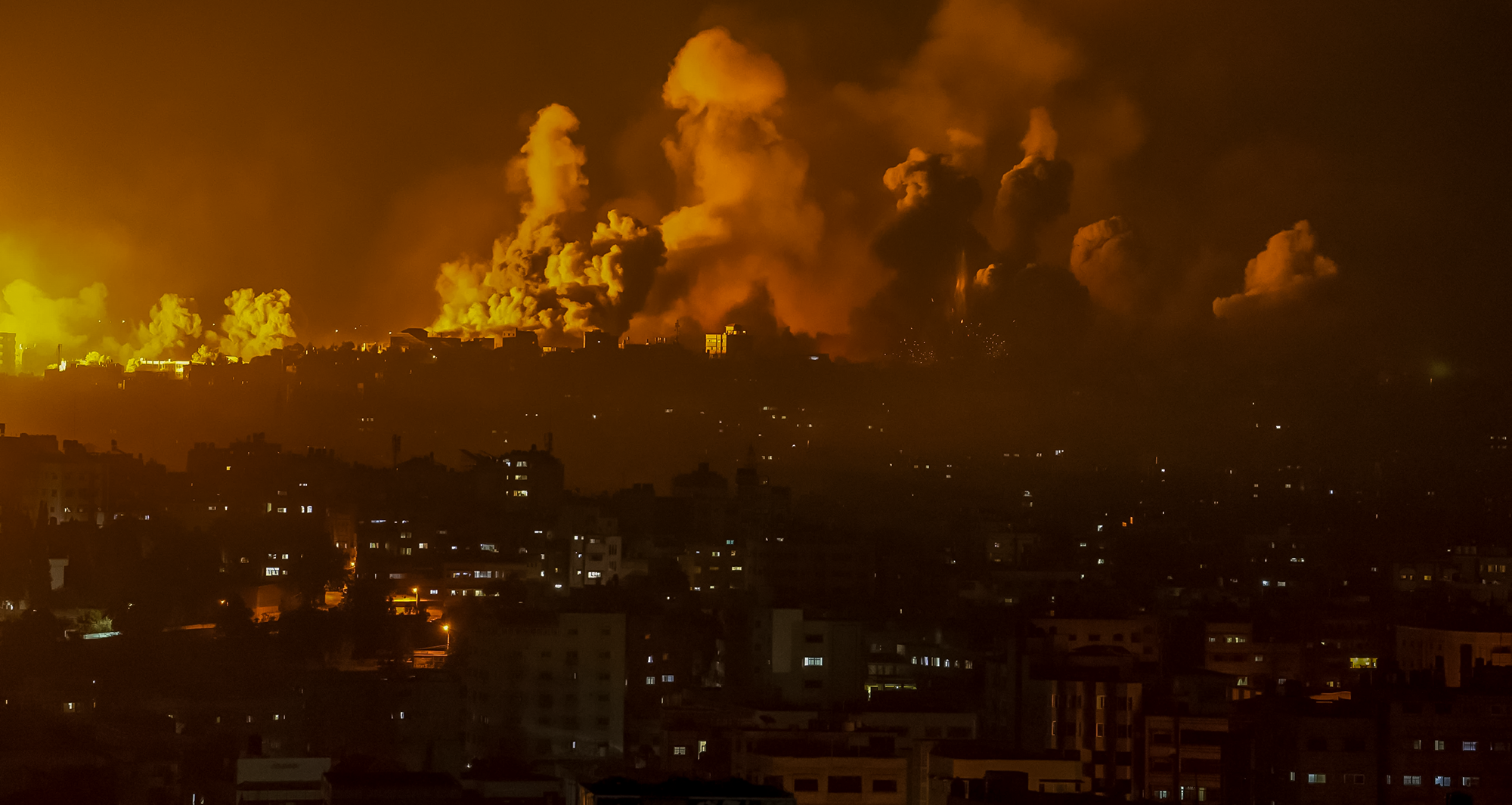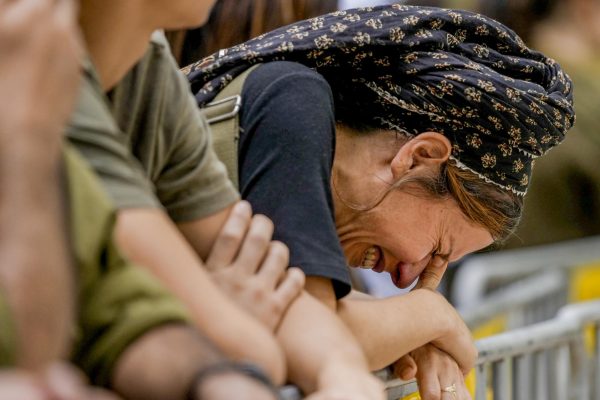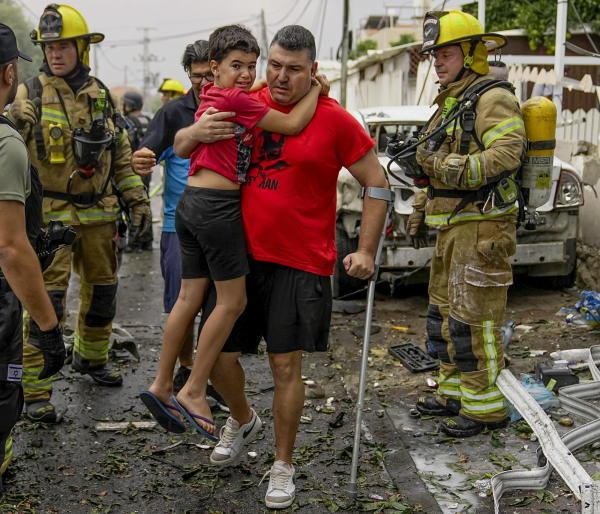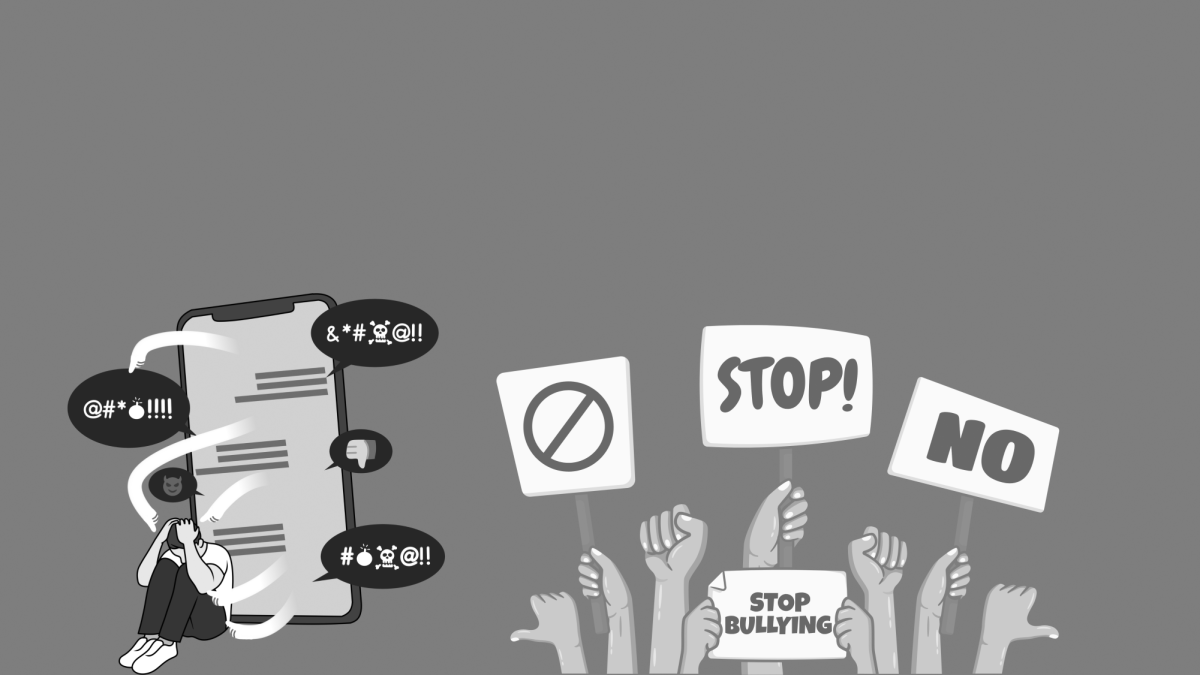
The Israeli-Gaza conflict is a decades-long struggle over land and self-determination. In the latest developments, tensions have once again flared, causing international concern.
Over the past few weeks, the violence has escalated due to attacks from the terrorist group known as HAMAS, resulting in civilian casualties and strained diplomatic relations.
Recent incidents include a series of rocket attacks from Gaza into Southern Israel, prompting retaliatory airstrikes by the Israeli Defense Forces.
The flashpoint that further fueled this escalation was an Israeli police operation in East Jerusalem, close to the Al-Aqsa Mosque—a site with a long history of religious and political tension.

The operation triggered confrontations and clashes, resulting in injuries and deepening divisions. “Hamas wanted a change and it will get one. What was in Gaza will no longer be. We started the offensive from the air. Later on, we will also come from the ground,” said Israeli Defense Minister Yoav Gallant, speaking to soldiers near the fence with Gaza.
The Palestinian envoy to the United Nations described Israel’s bombardment of the Gaza Strip and its vow to impose a complete siege on the Hamas-controlled Palestinian enclave as “nothing less than genocidal.”
International leaders and organizations have expressed their concerns and called for restraint.
U.S. President Joe Biden acknowledged Israel’s right to self-defense. “Israel has a right to defend itself when you have thousands of rockets flying into your territory. My hope is that we’ll see this coming to a conclusion sooner than later,” Biden said.
The State of Palestine’s President Mahmoud Abbas emphasized the severity of the situation. “We are facing the fourth major aggression against our land and our rights since the Nakba [1948]. It is a brutal and blatant aggression, and the international community should be held responsible,” Abbas said.

The conflict has now spilled over into other areas, including Jerusalem, the West Bank, and even Israeli cities. This escalation has led to clashes between Arab and Jewish communities, increasing the complexity of the situation.
International leaders and organizations have called for a return to the negotiating table and a commitment to a peaceful resolution.
Former U.N. Secretary-General Ban Ki-moon said, “The solution to the Israeli-Palestinian conflict remains clear; an end to the occupation that began in 1967 and the creation of a sovereign, independent and viable Palestinian state living side by side in peace and security with Israel.”
As the global community addresses this renewed conflict, the impact on civilians continues to grow. Diplomatic efforts are actively seeking a ceasefire and a lasting peace agreement. However, old grievances and historical disputes at the heart of this conflict present a significant challenge.






